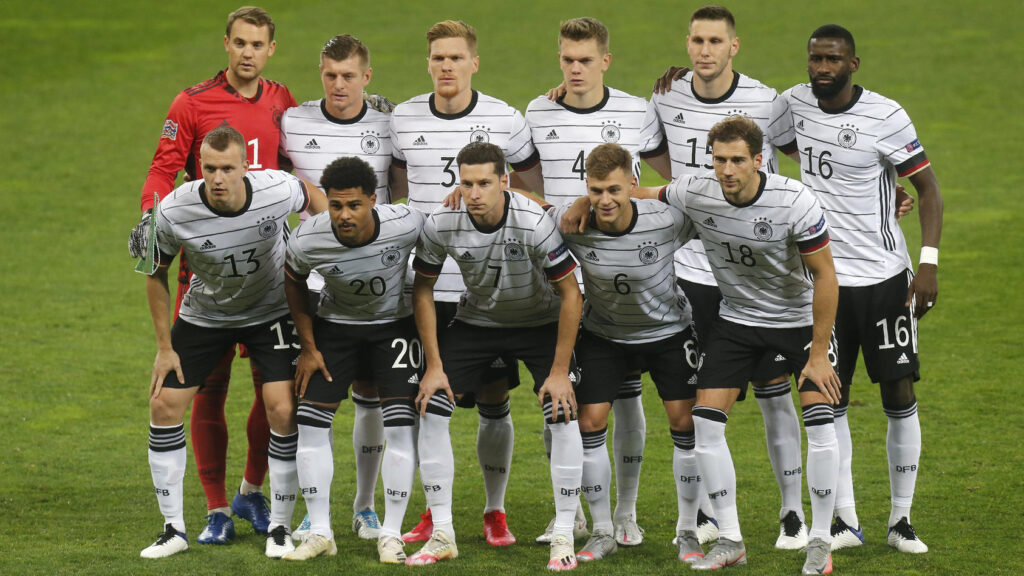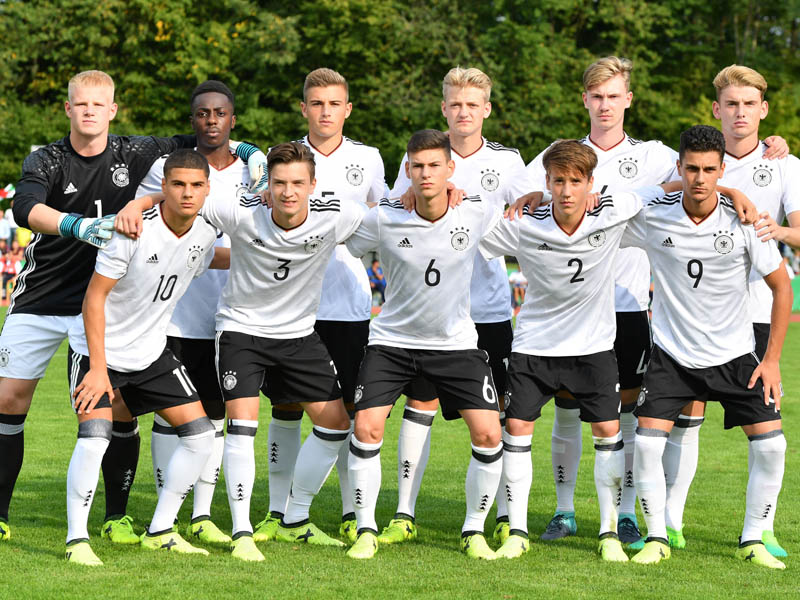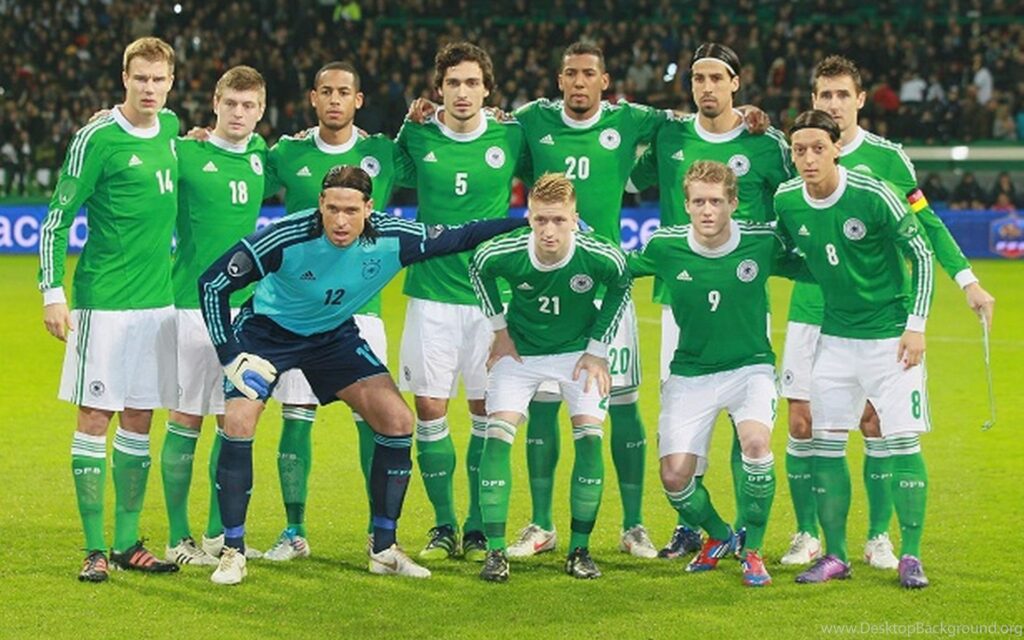Germany’s dominance on the global football stage is no secret. With four World Cup titles, three European Championships, and countless club triumphs, the “Die Mannschaft” consistently reign as a force to be reckoned with. But why is Germany so good at soccer? Unravelling this question requires delving into a tapestry woven with cultural factors, meticulous youth development, tactical evolution, and an unwavering thirst for victory.
1. Culture of Football: Soccer in the Bloodstream

Soccer isn’t merely a sport in Germany; it’s a way of life. The nation breathes football from bustling Bundesliga stadiums to local pitches teeming with youngsters. This deep-rooted cultural love fosters a breeding ground for talent, inspiring generations to follow their dreams with unmatched devotion. Parents enrol their children in clubs at a young age, laying the foundation for technical excellence and tactical understanding.
2. Youth Development System: Forging World Champions from Kindergarten

German football’s strength rests on its meticulously structured youth development system. The DFB (German Football Association) oversees a nationwide network of academies, employing specialized coaches who identify and nurture talent from a young age. The focus lies not just on individual skills but also on teamwork, tactical awareness, and mental fortitude. This holistic approach has produced countless world-class players, solidifying Germany’s reputation as a factory of champions.
3. Tactical Evolution: Embracing the Winds of Change
German football has sometimes been synonymous with tactical fluidity. German football has constantly evolved from the rigid “catenaccio” style of the 1970s to the attacking philosophy under Jürgen Klopp. This willingness to adapt, embrace new philosophies, and learn from rivals is vital to their success. Coaches like Joachim Löw and Hansi Flick have understood the changing demands of the sport, injecting dynamism and tactical sophistication into the national team’s play, maintaining Germany’s edge on the global stage.
4. The Bundesliga: A Breeding Ground for Talent

The Bundesliga, Germany’s top division, is a vital catalyst for developing young talent. Unlike leagues dominated by a few wealthy clubs, the Bundesliga boasts a more balanced competition, allowing young players to gain valuable experience against seasoned professionals. This competitive environment nurtures grit, resilience, and tactical awareness, preparing them for the international stage. The Bundesliga also provides a platform for talented foreign players, further enriching the league’s quality and fostering a healthy exchange of ideas.
5. Mental Fortitude: Never-Say-Die Attitude

One must mention their legendary mentality to discuss German football. The Germans are renowned for their relentless work ethic, unshakeable focus, and ability to perform under pressure. They embrace the “Kampfgeist,” a fighting spirit that never accepts defeat. This mental fortitude has seen them triumph in countless close matches, return from seemingly impossible situations, and consistently raise the bar for professional athletes worldwide.
Beyond the Trophies: A Legacy of Excellence
While trophies prove why is Germany so good at soccer, the nation’s impact extends far beyond. Germany has set a benchmark for professional team organization, youth development, and tactical innovation, inspiring countless countries to emulate their model. Moreover, the “German work ethic” and never-say-die attitude transcend the sports arena, offering valuable lessons in perseverance and dedication applicable to all walks of life.
So, the next time you witness the German machine humming on the pitch, remember: it’s not just about tactics and talent. The culmination of a vibrant football culture, meticulous youth development, tactical adaptability, and an unwavering dedication to excellence has cemented Germany’s place as a true powerhouse of the beautiful game.





